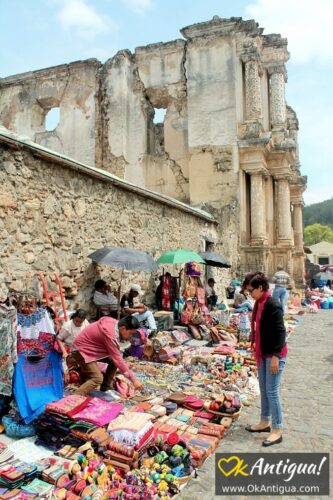¨Proposal Bolsters Opposition to Drug War Among Latin American Leaders as Drug Prohibition Debate Continues to Escalate¨
¨Yesterday, the president of Guatemala, Otto Perez Molina, announced his intention to propose legally regulating currently-illicit drugs as a means of reducing crime, violence and corruption. He is expected to elaborate on his proposal today when he addresses the United Nations General Assembly.
According to the Associated Press, President Perez Molina said the war on drugs has failed and that Central American nations have no choice but to pursue legalization, since the U.S. has proven incapable of reducing its demand for drugs. Perez Molina’s speech today may be the first time a sitting head of state discusses the legalization and regulation of drugs before the UN General Assembly.
The president’s statement adds to the growing debate about alternatives to the drug war throughout Latin America. Both former and current heads of state in the region are demanding that the full range of policy options be expanded to include alternatives that help to reduce the prohibition-related crime, violence, and corruption in their own countries – and insisting that decriminalization and legal regulation of currently illicit drug markets be considered.
President Perez Molina first garnered worldwide attention in February by calling for a debate on alternatives to the war on drugs, including decriminalization and regulation. His proposal quickly received support from other leaders in Latin America, including the presidents of Colombia, Costa Rica and Ecuador. Over the next few months, the failure of the war on drugs and alternatives to current strategies were discussed at significant high-level events, including the Summit of the Americas in Colombia. Most recently, Uruguay announced a plan to legalize marijuana, with a regulatory system that would make it the first country in the world where the state sells the drug directly to its citizens.
Even President Obama was obliged to acknowledge the legitimacy of the debate earlier this year during the Summit of the Americas – where opposition to drug prohibition was a major focus – when he said,
“it is entirely legitimate to have a conversation about whether the laws in place are doing more harm than good.” The Organization of American States is conducting a study of legalization and regulation and will be releasing a report of its findings next year.
In Latin America, where the war on drugs has caused high levels of violence, death and corruption, many see this debate is an important step toward improving the region’s economy, security and quality of life...¨ read it all,
HERE
· Thanks to Elizabeth Bell, Antigua Tours
























_-_James_Tissot_-_overall.jpg)
















No comments:
Post a Comment